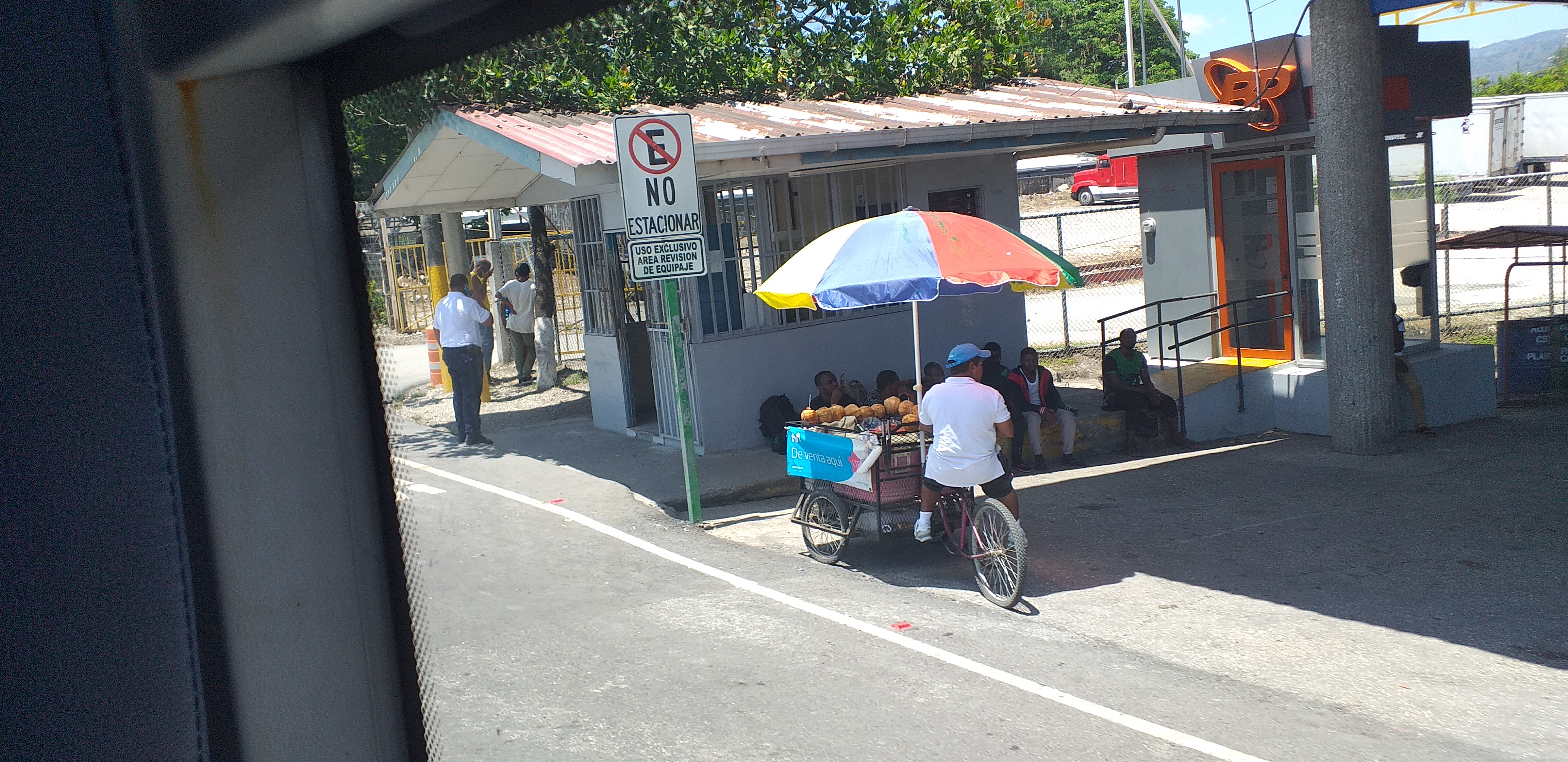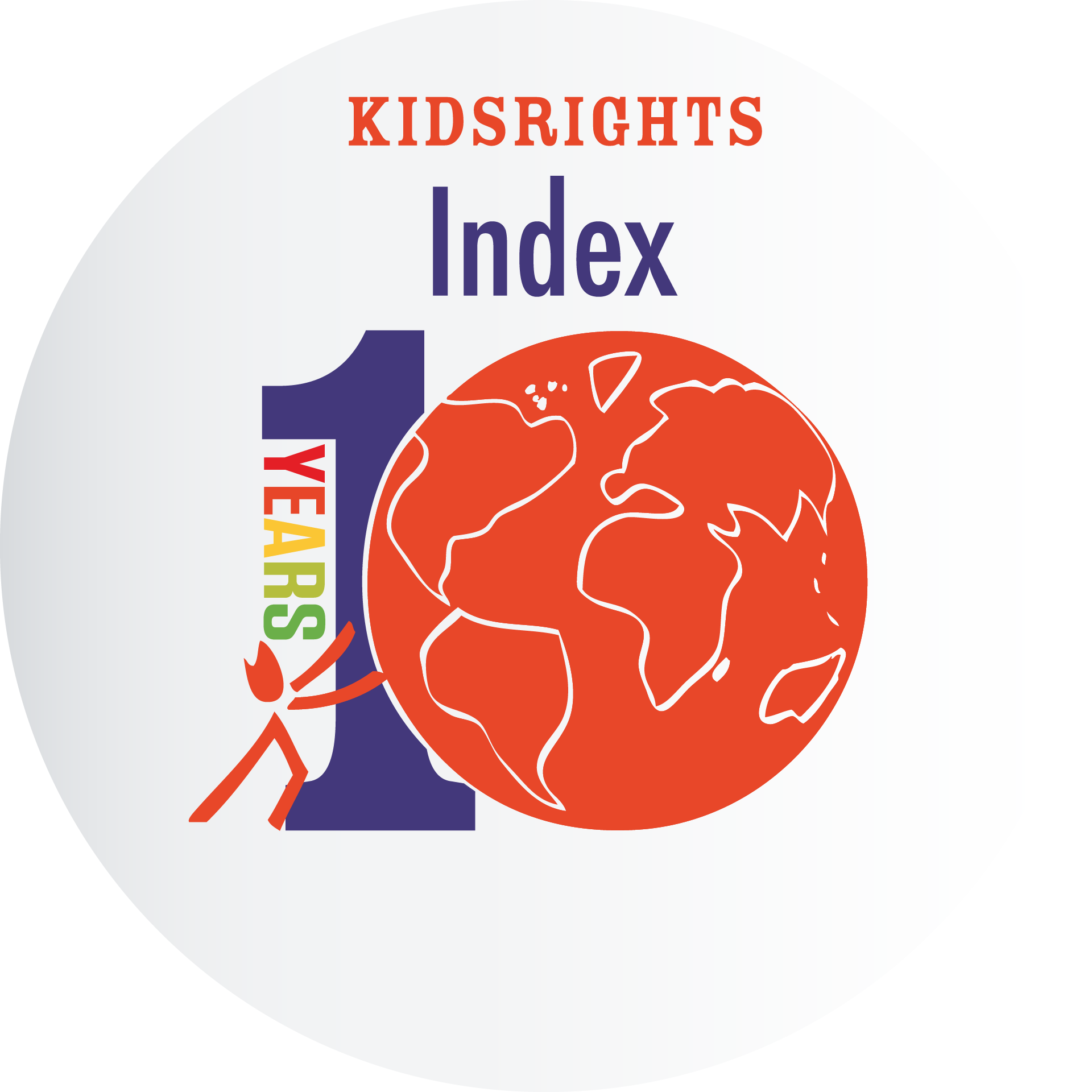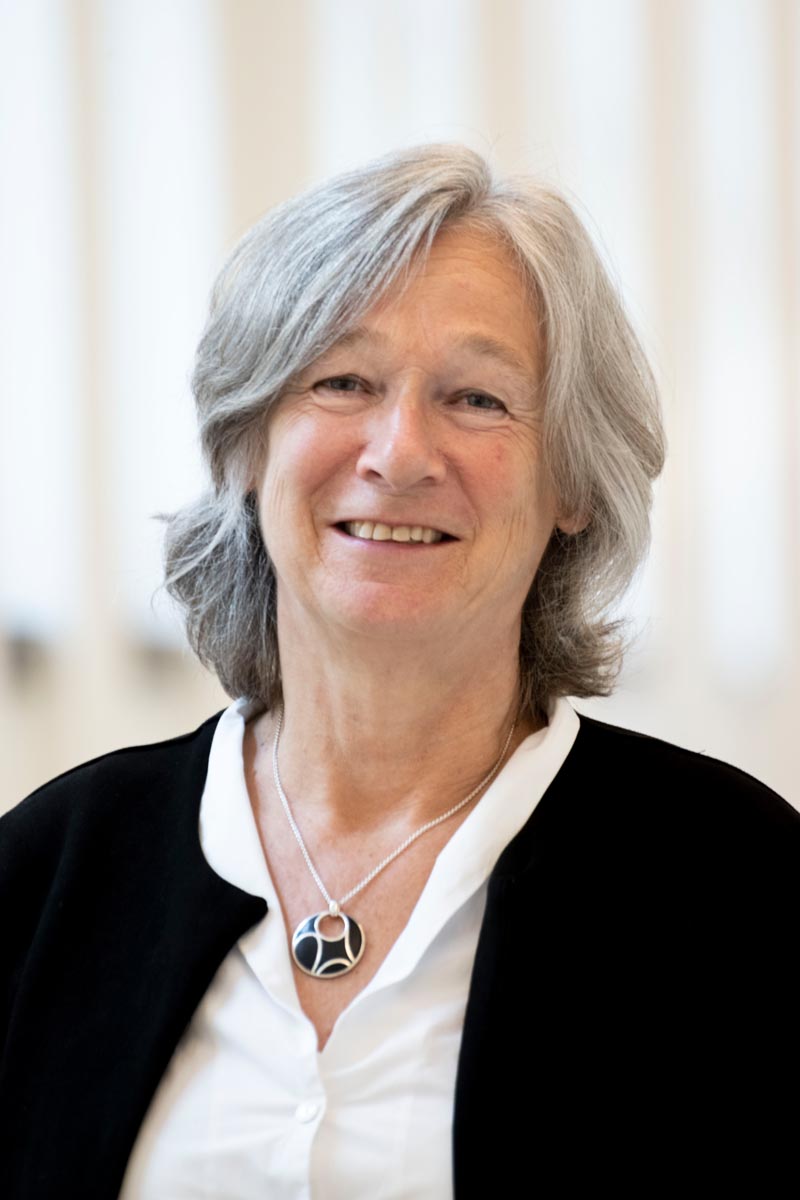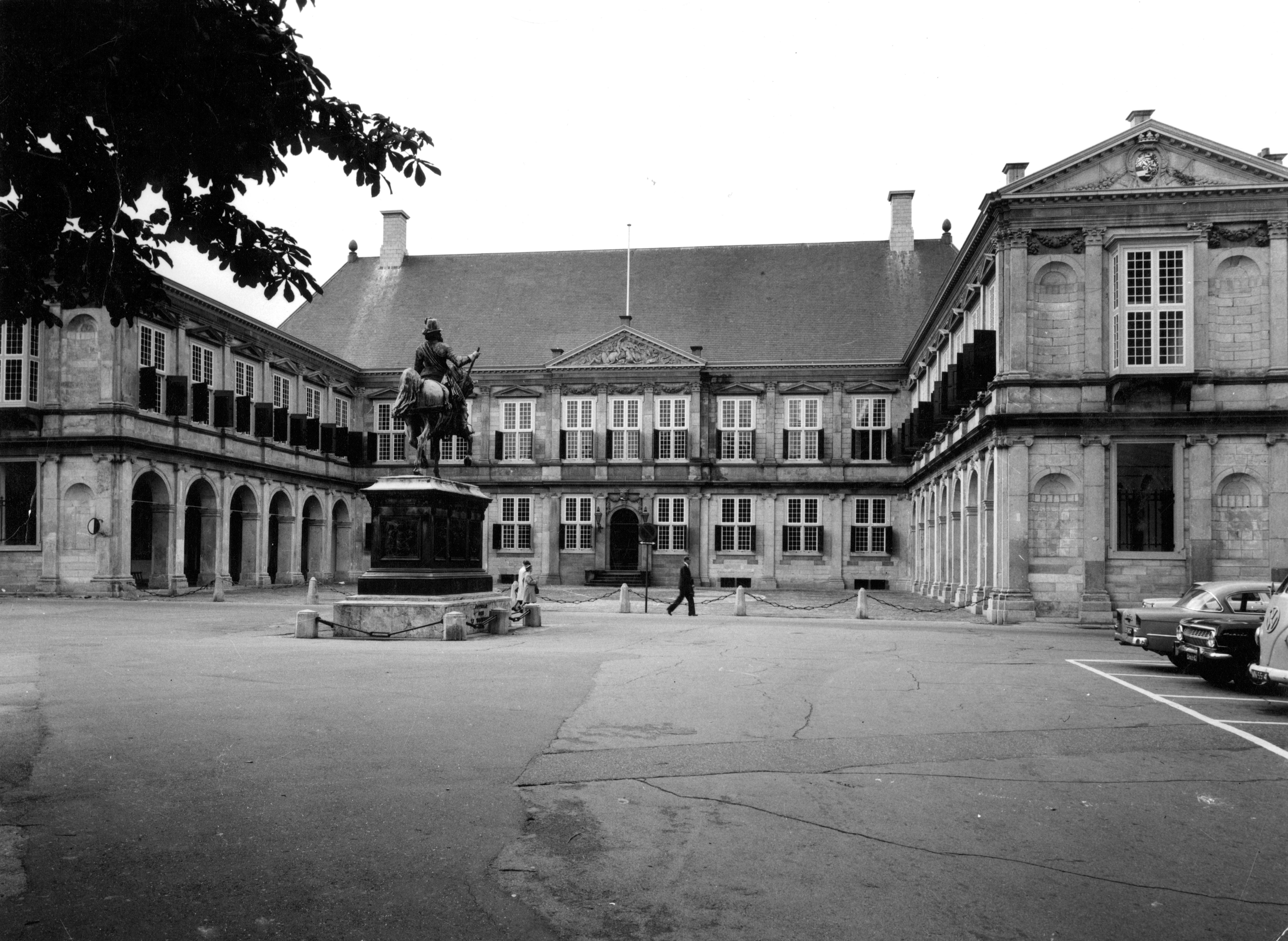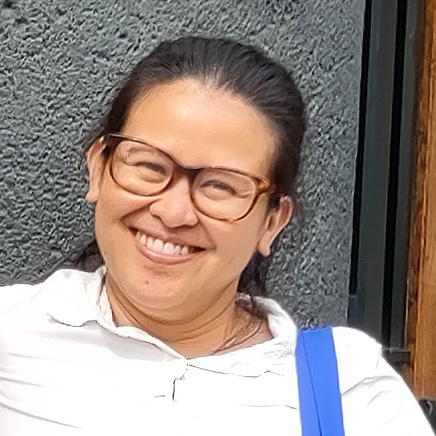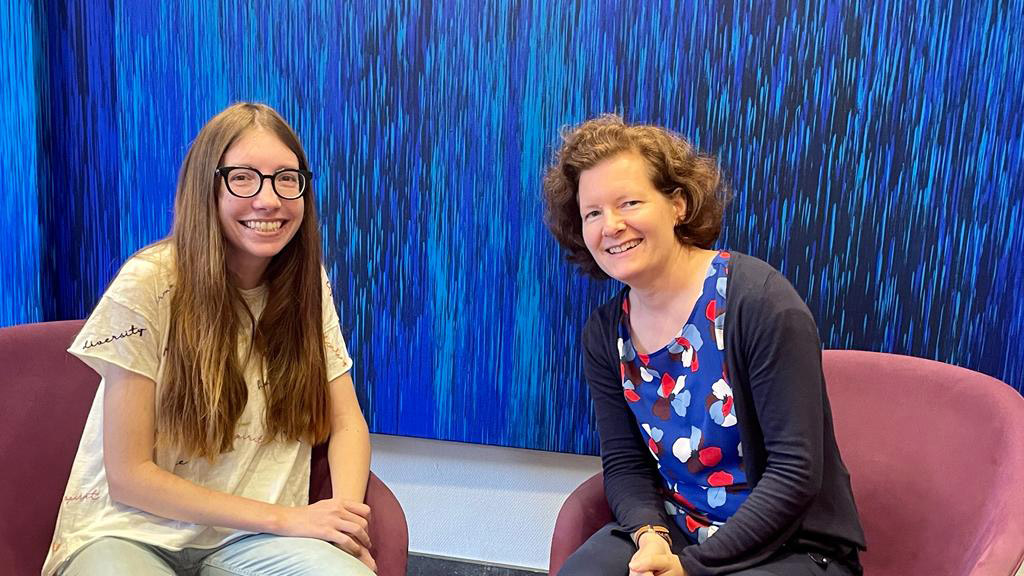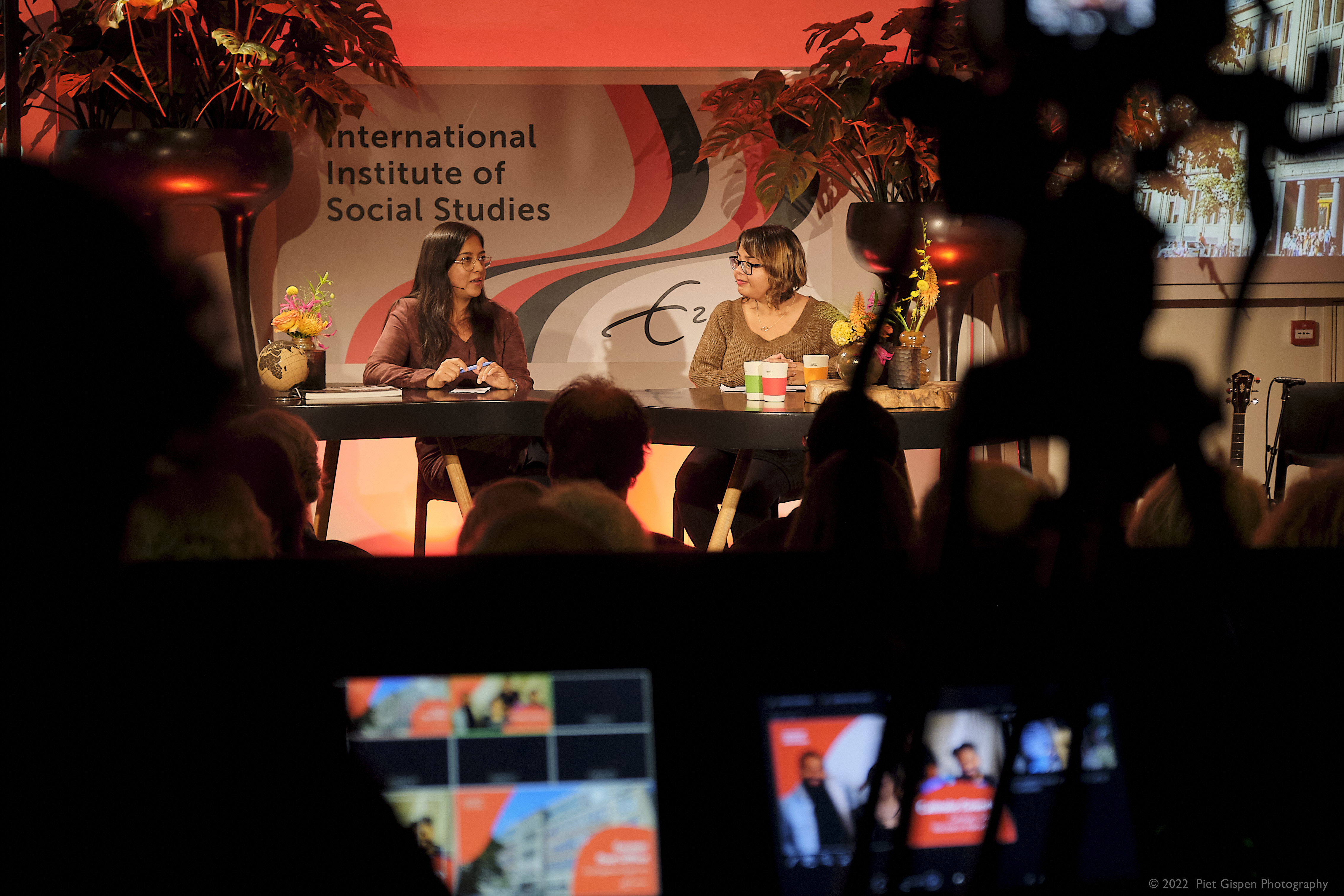I remember hearing ‘Birthdays are for reflection’. If that’s the case, this 70th Anniversary edition of DevISSues is spot on for timing. The three short essays (but also the staff-student dialogue) all challenge views on what is (should be) Development Studies.
Researchers from the IDS (Taylor & Leach) concur with most others on the need for development studies to be based on critical engagement with justice, empowerment and accountability and the need for collaboration, but give more focus on the need for internationalism (vs a fear of nationalism).
Agbonifo, on the other hand, is quite incisive about bias in the (intentional/western progress) development studies tradition which we still largely accept. Indigenous knowledge is ok only if it accepts ‘our’ view of progress and much of the sustainable development narrative misses key issues (e.g., exclusion; emphasis on local and on culture/environment as valuable for and in themselves). In their view, development and justice do not have to mean growth and (often) only come about by contestation.
Agbonifo argues for both local resilience understanding/support and the dismantling of structures of domination and exploitation, something that Winters supports within their perspective on past migration-development thinking but also in terms of how we should think about it – our positionality. Past dominant ideas on the migration debate have moved from colonial labour use, to concerns about brain-drain, to the equally blind view that gains for all involved are or can be attained, to frequent nationalist fears of ‘the marouding hords (sic)’.
Let’s engage in a critical (pessimistic) view of migration, one where we do not blame migrants or focus on economic benefits, but where we expose and evaluate explicit strands of dominant modes of migration thinking (Winters). To many of these authors (including the staff-student chat on resilience and heatwaves) this requires continual, critical thinking and great sensitivity to social processes/governance and local dynamics.
To an ISS which, over these 70 years, has moved from a monarchy-supported training centre to a fully-fledged, critical space for development studies focused on social justice aspects of global processes, this is still both a mantra and a challenge. Yet as one of our celebration seminars underlined, we are all (in some way) complicit in these power structures/historical processes. ‘Our’ science incorporates injustices of colonialism for which we must both remain aware and keep in mind the question – who owns this science?
Happy Birthday ISS!!!
Dr Lee Pegler, Chair, DevISSues
The development of development studies
